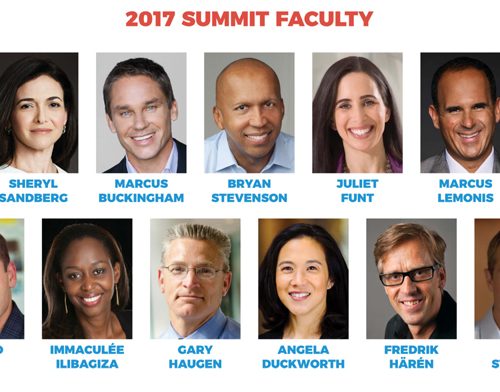Having a mentor is the desire of a growing number of leaders.
And with good reason. Leveraged effectively, a mentor can add tremendous value to the development of a leader. But if you’re not careful you might not realize the full potential of a mentor.
You might fall victim to one of these 6 common leadership mentoring myths…
1. Confusing a mentor with Yoda
Believing that a leadership mentor is imbued with transcendent wisdom is a recipe for disaster. Right-size your expectations. A mentor may be experienced, but they are not all-knowing.
2. Limiting your mentorship to one person
Wise leaders seek the counsel of a variety of voices, from a variety of disciplines and areas of expertise. Seek organizational insights from an expert in organizational leadership, team-building insights from an expert in team building, and so on.
3. Creating an overly structured mentoring relationship
It’s usually a bad idea to ask someone “Will you be my mentor?”. This isn’t a marriage proposal, and may lead to an inappropriately formal relationship. Simply draw on wisdom and insight from leaders you respect and trust. They need not even know they are your mentor.
4. Believing that mentoring must take place at Starbucks…
…or in any restaurant or diner. Having an in-person chat is the idealized picture of a mentoring relationship, but it can be a very limiting, restrictive, and even unrealistic. Your mentors can be speakers, experts and authors whose views you can regularly access and absorb. Starbucks is optional.
5. Expecting that a mentor is responsible for your growth.
No. They’re not.
6. Thinking that a mentor’s advice is infallible.
A good mentor can provide advice and insight. And their ideas can frequently propel you towards advances in your leadership. But they can be wrong too. Your job is to keep your discernment dial turned way up so you can weigh the value of their counsel.
The very term “mentor” has a lot of baggage attached to it. I’m not opposed to the term, and certainly not to the concept. But I personally prefer to think of a group of “advisors”; people whose opinions I especially value in a variety of areas of leadership.
Look for such advice from leaders whose track record warrants your attention.
Yoda need not apply.
How have mentors helped your leadership?




I like what you said about the mentor being experienced but, not all knowing. It is important that you recognize the limits of your mentor. No one person is perfect and none of us are as wise as Yoda.